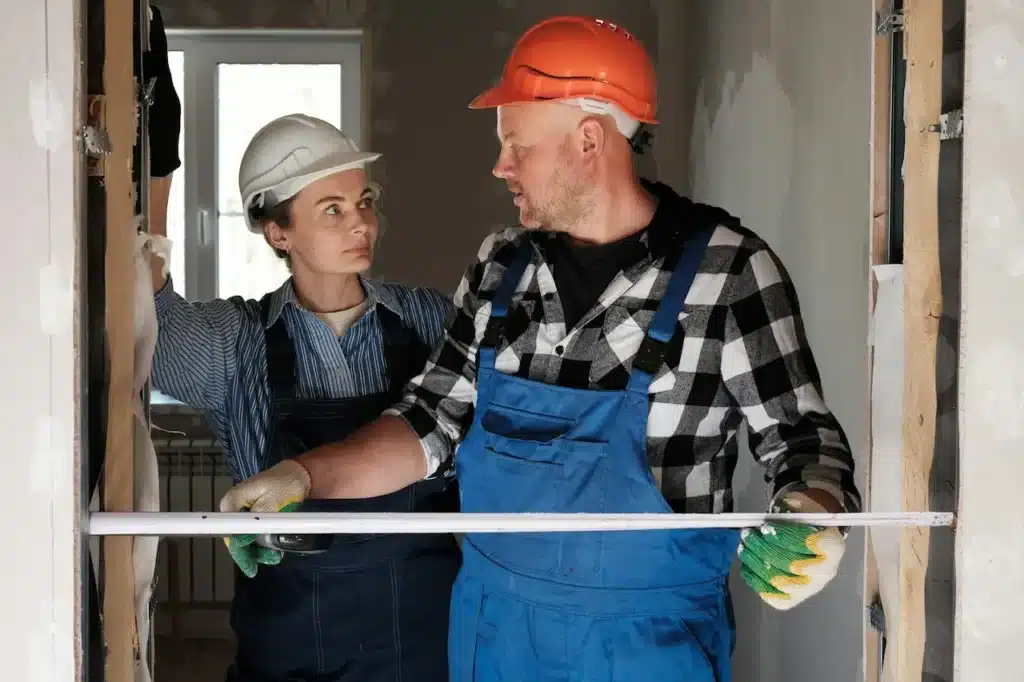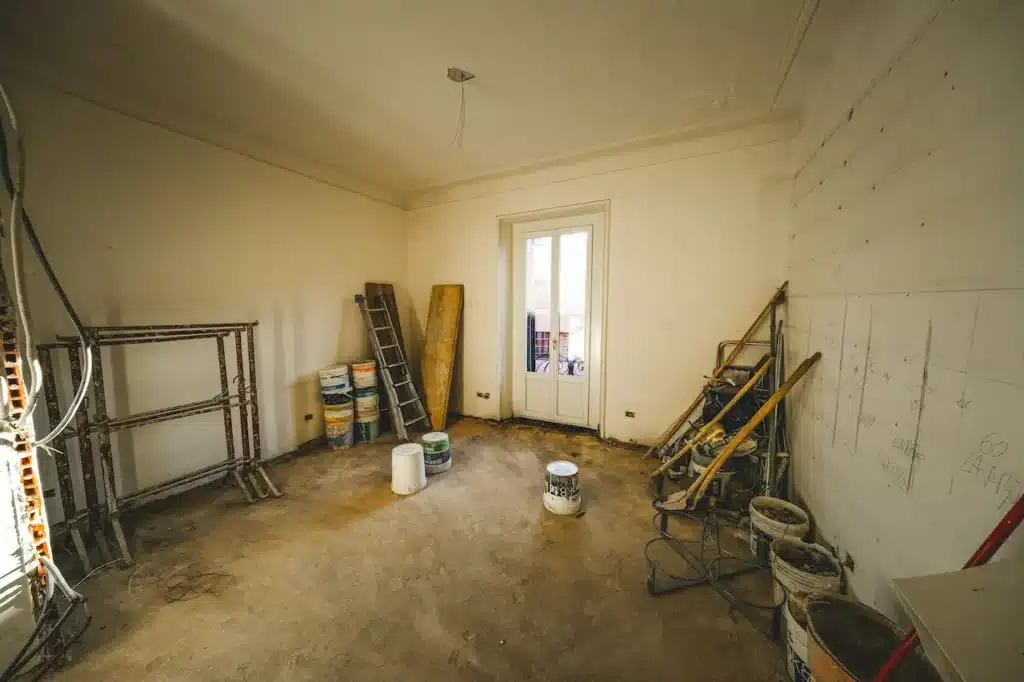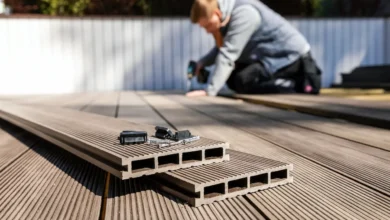Want To? Instantly Boost Your Home’s Value?
When it comes to preparing your home for sale or just giving it a fresh new feel, you don’t always need to break the bank.
Sometimes, a few smart, simple upgrades can make a world of difference. And we are not just talking about how your place looks and feels, but also its overall value.
Whether you’re thinking about selling soon or just want to love where you live a little more, here are some easy ideas that can help boost your home’s appeal without causing you the stress or expense of a full renovation.
[ez-toc]
- Give Your Floors a New Look
One of the quickest ways to change the vibe of your home is to update your flooring.
If you’ve got worn-out carpets, scratched timber, and dated tiles, it can really drag down the look of a space. However, just by putting in fresh, soft carpet underfoot, you can make bedrooms feel more luxurious, while a modern, neutral colour can help tie living spaces together beautifully.
If you’re after a simple, stylish fix, check out the carpet flooring range at Choices Flooring. They’ve got loads of great options to suit different tastes and budgets.

- Spruce Up the Paintwork
You should never underestimate the power of a fresh coat of paint, because it’s one of the easiest and cheapest ways to instantly lift a home’s appeal.
Should you decide to paint, neutral colours like soft greys, warm whites, and muted beiges will make your spaces bigger, brighter, and cleaner. They are also most likely to complement your furniture.
When painting, don’t forget about your front door. A bold colour like navy, deep green, or classic black can create a welcoming first impression to buyers and give you an immediate sense of comfort when you return home.
- Update Your Lighting
Good lighting can completely transform a room, just by making it feel bigger, warmer, and more inviting.
For this reason, if you have got tired or dull old light fixtures, consider swapping them out for modern pendants, sleek downlights, or stylish wall sconces. This will give your living spaces an immediate lift.
Also, think about the bulbs you’re using, because soft, warm white lights create a welcoming vibe, while cool white bulbs are great for workspaces like kitchens and studies. While it’s important to be stylish, you’ll also want your lights to be functional.

- Refresh the Kitchen and Bathroom
You don’t have to do a full kitchen or bathroom reno to make a big impact. Sometimes, a ‘less is more approach’ can be just as effective.
In the kitchen, replacing old tapware, updating cupboard handles, and installing a new splashback can make a quick and noticeable difference. Even something as simple as painting the cabinets and replacing benchtops can give the whole room a much more contemporary look.
Should you want to spruce up your bathroom without having to pay a huge price tag, you can do this easily by swapping out an old vanity, re-grouting tiles, or installing a new shower screen.
- Boost Your Street Appeal
First impressions matter, and what people see when they pull up out the front of your home often sets the tone for how they feel about it overall.
Simple quick fixes like tidying up the garden, mowing the lawn, and adding a few potted plants near the entrance can make a massive difference to its appearance. Moreover, if you’ve got a front fence, give it a clean or fresh coat of paint and make sure the pathways are clear of clutter.
A good pressure wash of the driveway, footpaths, and exterior walls can also work wonders in making everything look fresh and well-maintained. As a final touch, consider updating your house number and letterbox if they’re looking a bit tired.
- Create Functional Spaces
These days, buyers love homes that have flexible, practical spaces, which is good news for you because it means that you don’t necessarily need to build anything new. Instead, you should focus on showing off what you’ve already got in as clever a way as possible.
For example, a random nook can be turned into a study area with a small desk and chair. At the same time, if you have a spare room, it can become a media room where you watch movies. Even an underutilised backyard corner can be styled as an outdoor dining area or kids’ play space.

- Add Smart Home Features
Buyers, especially younger ones, love homes that feel a bit more modern and convenient. Therefore, adding a few tech-savvy upgrades to your residence can make your home feel a bit more ‘hi-tech’ without costing a fortune.
Things like smart doorbells, Wi-Fi-connected thermostats, or smart light systems, which you can control from your phone, can all make a difference to the liveability of your property.
Even just updating your security system to a newer, easy-to-use model can provide you with peace of mind and add value to your home.
- Upgrade Window Coverings
Old, tired curtains or broken blinds can not only date a home, but also really bring down its vibe. However, replacing them with fresh, modern window coverings instantly gives rooms a cleaner and more finished look.
Roller blinds, plantation shutters, or simple linen curtains are popular choices that appeal to a wide range of tastes, which you might want to consider. Plus, they serve a practical purpose, because good window coverings help with insulation and privacy, which is always a bonus.




